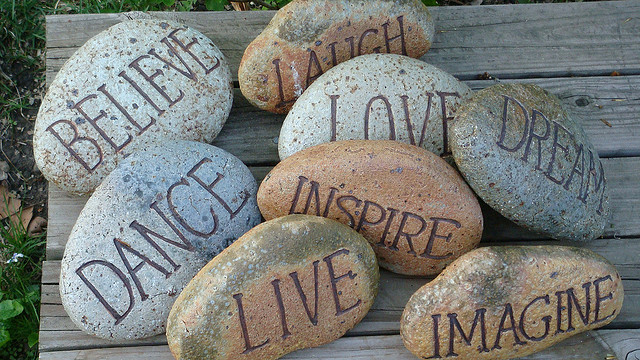
radio Loading ...
schedule ON AIR: 0:00 - 7:00
music_note NOW PLAYING:- Loading ...
Omara Joseph, Advocacy and Protection Officer at the South Sudan Human Rights Defense Network, told DW that Machar's detention carries both symbolic and practical significance. "It is a gesture that South Sudan can also go for accountability," Omara said, acknowledging the country's long-standing struggles with institutional justice. However, he criticized the government's decision to limit media access to the trial, which was held in a venue typically used for weddings and concerts. "This is the time when we need international actors to apply pressure, because the world needs to know exactly what is going on in this trial," he added. "Why must the media be denied access and only allow the state-owned broadcaster?" Political persecution? Observers warn that such restrictions could reinforce perceptions that the trial is politically motivated and unlikely to be impartial. The proceedings have also reignited ethnic tensions between Machar's Nuer base and Kiir's Dinka supporters. Civil society activist Tabitha Nyantin told DW that South Sudan's leaders must prioritize national unity. "We have many ethnicities in this country, and the leaders come from various ethnic groups," she said. "If they don't change their mentality, we won't move forward like our neighbors in Kenya." South Sudan's President Salva Kiir and his First Vice President Riek MacharSouth Sudan's President Salva Kiir and his First Vice President Riek Machar